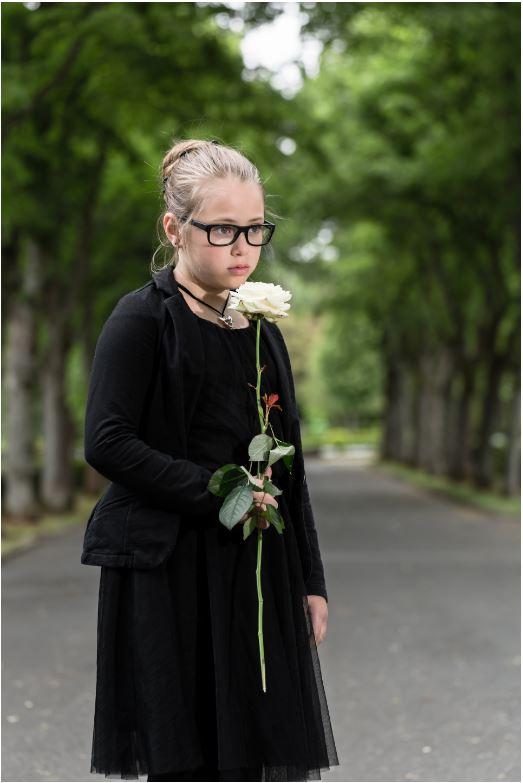Burial in times of a pandemic
These days, we must constantly adapt to new situations and new ways to interact. We humans are adaptable and in many cases, we will do just fine. However, in some situations it will require more of us.

Main content
When beloved ones die, we will usually have the chance to say goodbye to them. Presently, people will die in hospitals or nursing homes without their loved ones having the opportunity to be present or to say goodbye. In addition to this, all burials are affected by new guidelines given in lieu of the pandemic, limiting the sermonial frames to have closure with the deceased.
Funeral ceremonies support a need
Funeral ceremonies support the need to say goodbye after losing someone, and serve important psychological functions in regard of separation and integration of the loss. Funerals mark the first step in the grief process and provide an opportunity to vent emotions. They may also represent an end to the relationship with the deceased.
Burials support the social order by showing the deceased respect, and placing the loss in a religious and philosophical framework. An important part of the funeral is to mourn with family and friends, who show social support, care and respect. One can both give and receive comfort. Participating in funeral rituals can also give the bereaved a sense of control, and contribute to make sense of the loss.
New funeral guidelines
The new guidelines restricts bereaved the choices and decisions related to the execution of the funeral. In addition, the deceased may have had wishes related to the funeral arrangement, which it is no longer possible to fulfill; this can be very difficult for the bereaved.
The new guidelines have been implemented to care for the bereaved and others involved:
- Only the closest family may be present
- There should be at least two meters distance between visitors
- Prohibition against handshake or hugs (attenders are recommended to show signs of compassion by holding the hand over the heart or by look)
- Handing out leaflets are prohibited
- If quarantined or in isolation, you not allowed to participate in the ceremony
- You should not attend the ceremony if you have a profession critical to the society or in a risk group
The guidelines means that only the closest can attend the ceremony. Many of the deceased neighbors and close friends are not given the opportunity to say goodbye, and in some cases bereaved will have to choose which of the closest ones that can attend. Funeral services are trying to adapt to the situation and one solution several funeral homes are offering is to "stream" the funeral to those who cannot attend. For many, this can be a comfort and a good alternative in a difficult situation, while others may find this very challenging. Many now choose to postpone the ceremony for later. Postponing the ceremony can be a burden on the bereaved, as the ceremony represents an important part of the grieving process.
The funeral is not crucial for the grief process
The way funerals are conducted at present, will cause many bereaved to miss out on the anticipated support they could get from the traditional burial rituals. For some this can be painful. On the other hand, funerals often serve a collective need, and although they may be a consolation after the death, they may not be crucial for how the grief process continous.
Performing individual rituals can be just as important for the grieving process as the funeral itself. Priests and funeral staff can therefore give bereaved advice on other things one can do to say goodbye when the funeral seremony becomes different than expected, such as advice to light candles, writing a memorial greeting, and so on. Many undertakers also offer digital solutions where bereaved can light candles, write memorials from home and send flowers. Such digital alternatives can be important at a time when physical proximity is impossible. Memorial pages on Facebook or similar social media can also be important now. When bereaved do not have the opportunity to meet in grief, digital platforms can play an important role, both for those closest to the deceaced and those wanting to support the relativevs and honour the decead.
References:
Gamino, L. A., Easterling, L. W., Stirman, L. S., & Sewell, K. W. (2000). Grief adjustment as influenced by funeral participation and occurrence of adverse funeral events. Omega, 41 (2), 79–92.
Mitima-Verloop, H. B., Mooren, T. T. M., & Boelen, P. A. (2019). Facilitating grief: An exploration of the function of funerals and rituals in relation to grief reactions. Death Studies, published online. https://doi.org/10.1080/07481187.2019.1686090


